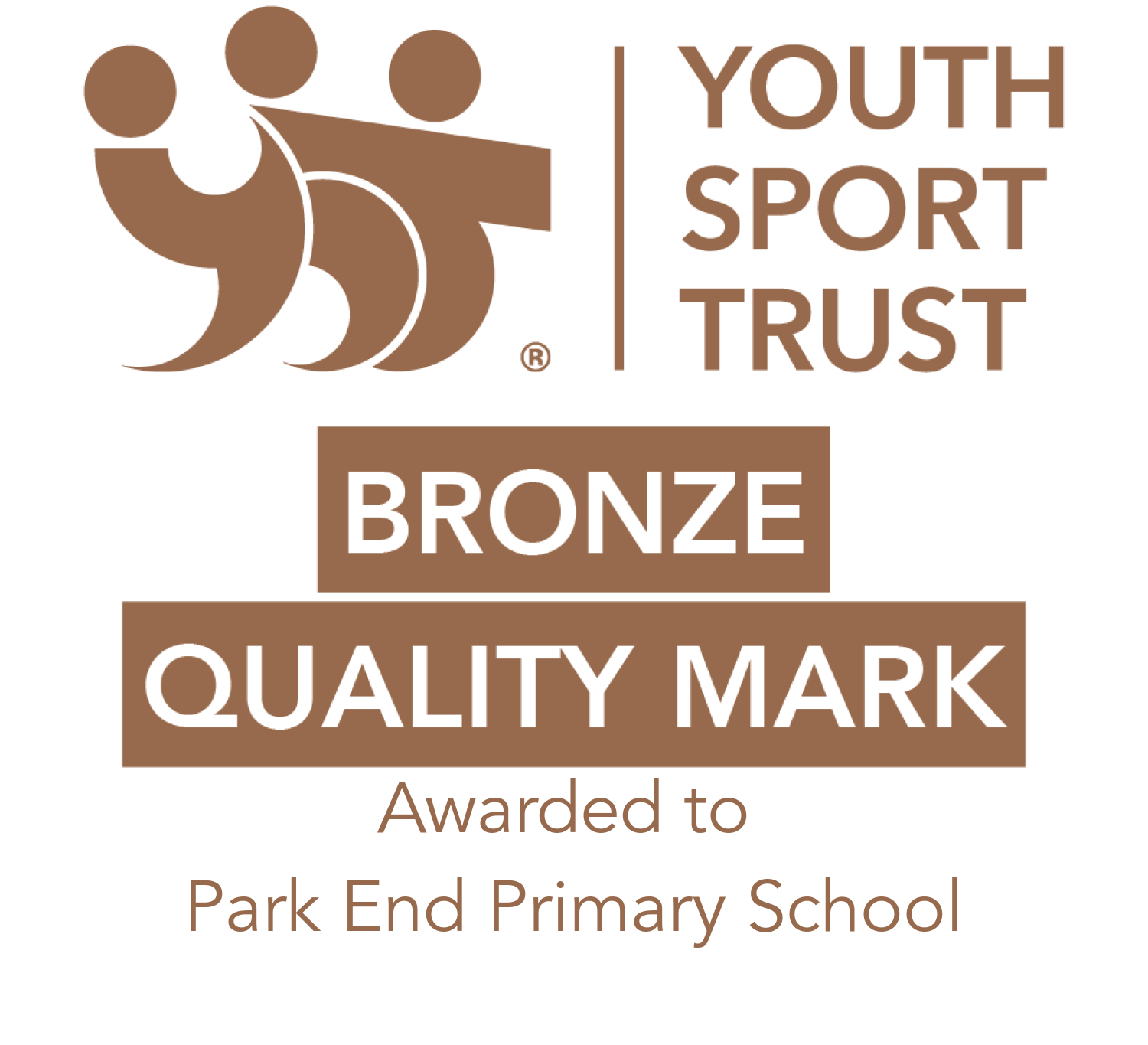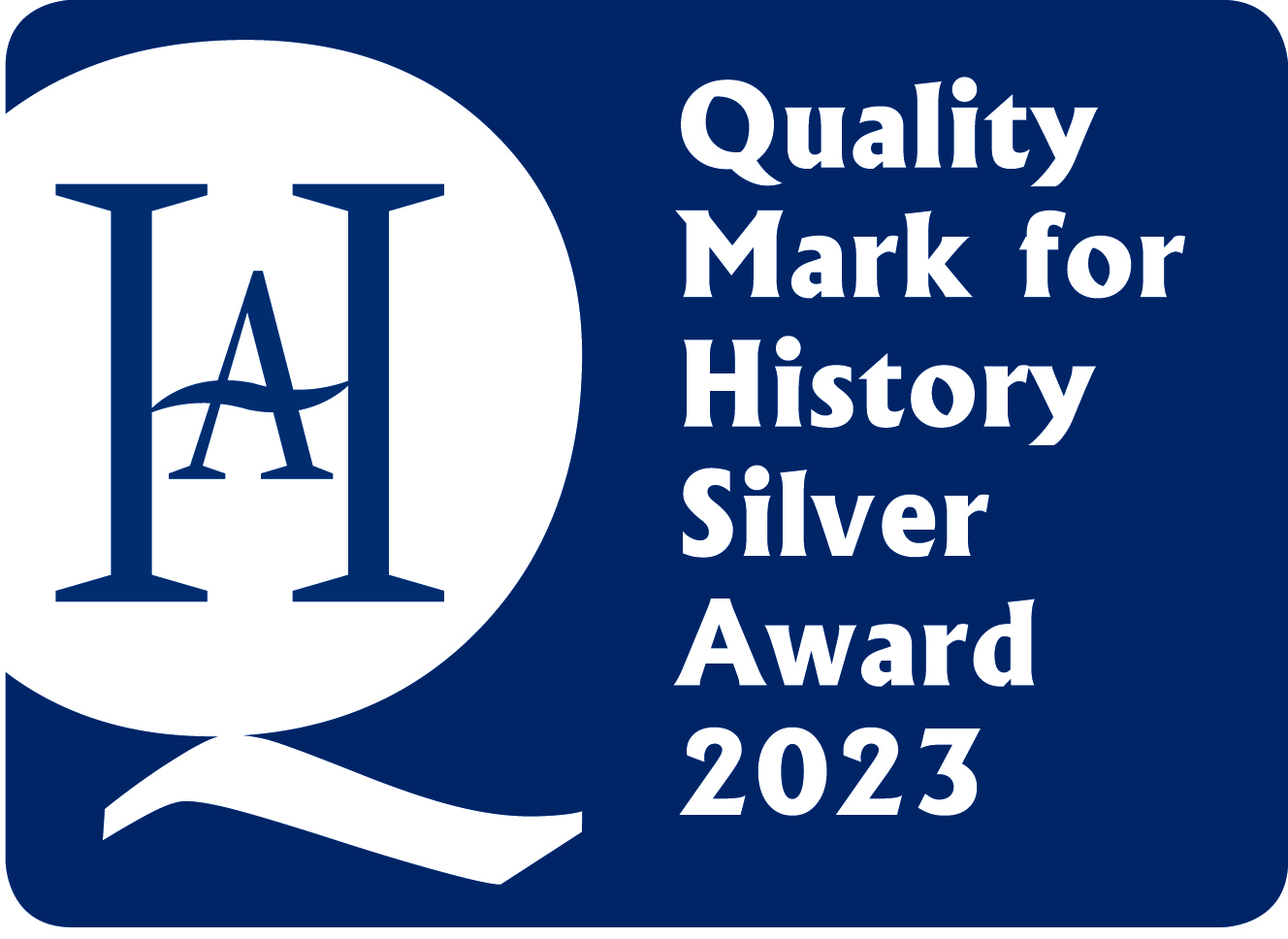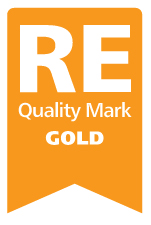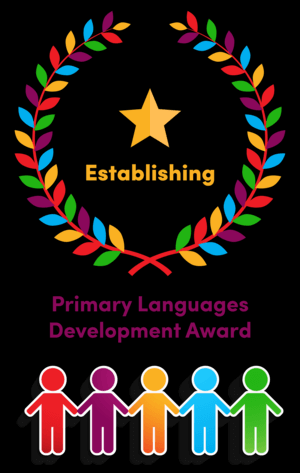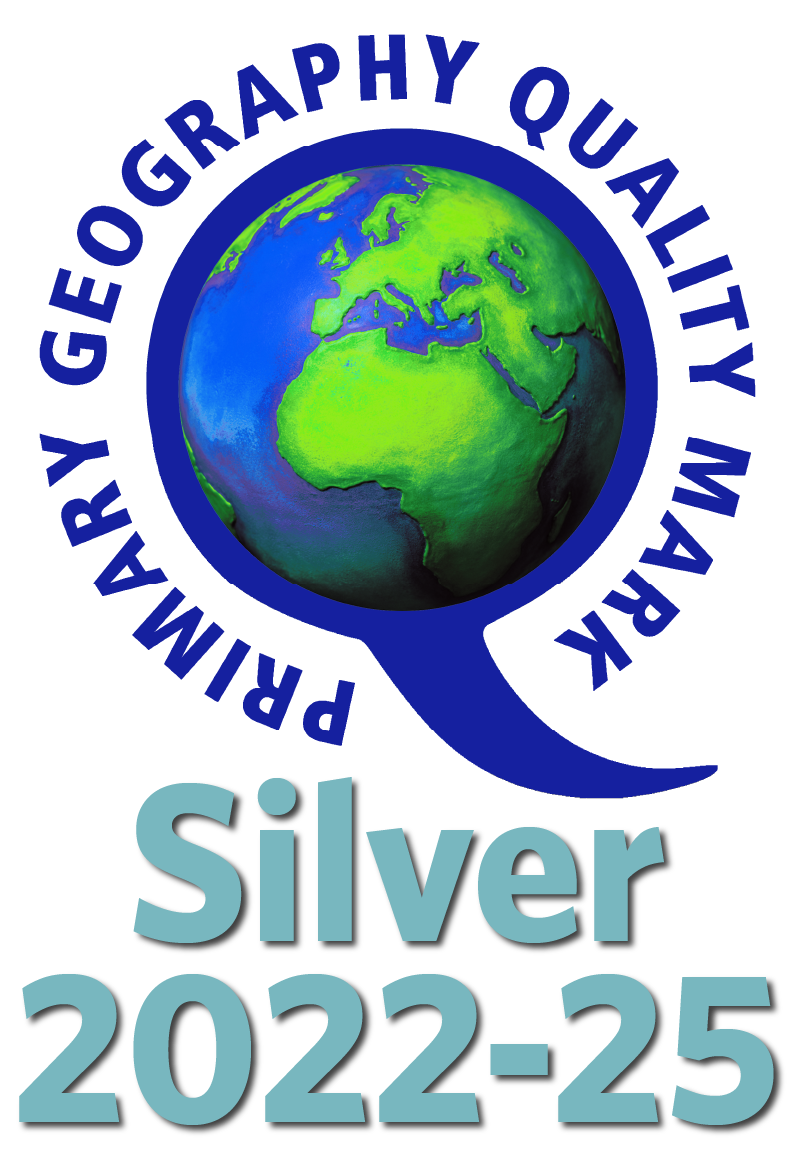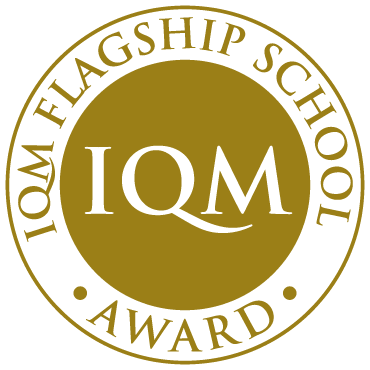SMSC
The SMSC (Spiritual, Moral, Social and Cultural development) curriculum can be described as the “hidden curriculum”. It is all the things that we do in at Park End Primary to build up children’s spiritual, moral, social and cultural understanding, thoughts and experiences. It is not taught as a discrete lesson, rather it may be part of RE, PE, PSHE/RSE and part of the ethos of the school which children experience daily. It is woven into our behaviour expectations and our attitudes in school.
We want to create confident, responsible, and well-rounded adults who have an aspiration for self-improvement and can compete equally with their peers in a world beyond school life in modern day Britain.
SMSC Overview
Below is an overview of ways in which we develop SMSC at our school.
Spiritual
Spiritual development is shown by their:
- beliefs, religious or otherwise, which inform their perspective on life and their interest in and respect for different people’s feelings and values
- sense of enjoyment and fascination in learning about themselves, others and the world around them, including the intangible
- use of imagination and creativity in their learning
- willingness to reflect on their experiences
This element focuses on the children developing a set of values, principles, and beliefs which they use to inform their perspectives on life and their behaviour. It involves children exploring the beliefs of others and encouraging the children to respect the faiths, feelings, and values of others. Underpinning this, is the knowledge and understanding of the British Values mutual respect and tolerance.
- We encourage spiritual development during RE lessons, worship and by welcoming and accepting the spiritual beliefs of others within our school community.
- A rigorous Religious Education scheme from Foundation Stage to Year 6
- Weekly Religious Education lessons across school
- Whole school assemblies, including special assemblies covering topics such as Remembrance and religious festivals
- Teaching and learning about festivals and celebrations
- Christmas Nativities for Foundation Stage and Key Stage One
- Celebrating diversity, different faiths, and cultures across school
- Topics/ projects to allow children to learn about the world around them
- School trips to churches and other religious buildings
- Visits from local religious leaders
- Faith stories with key messages and concepts
Moral
Moral development is shown by their:
- ability to recognise the difference between right and wrong and their readiness to apply this understanding in their own lives
- understanding of the consequences of their actions
- interest in investigating, and offering reasoned views about, moral and ethical issues.
Moral development focuses on children’s knowledge, understanding, intentions, attitudes and behaviour in relation to right and wrong within the accepted behaviours of society. It relies on their knowledge and awareness of values and attitudes of individuals and society. Underpinning this, are the values and understanding of democracy, law, liberty, respect, and tolerance. The quality of relationships that students experience, the standards of behaviour in the school as well as the values promoted by the school will form the basis of any judgment on moral development.
- We develop moral understanding and problem solving through our behaviour expectations
- PSHE/SRE and RE lessons we look specifically at actions with a moral dilemma and discuss them to develop the children’s understanding
- Developing positive sporting behaviours
- Developing empathy towards others and showing concern for other people’s feelings and emotions
- Fundraising days
- Discussions of right and wrong- reflective practice
- Promoting making right choices and modelling of positive behaviours in school
- School’s behaviour policy
- Use of a positive reward and consequence system- Golden Ladder
- Consistent adherence to the behaviour policy and rewards and sanctions consistent throughout school
- Additional school policies and documentation (SEND/ Inclusion /Equal Opportunities policy, equalities objectives)
- Assemblies based around moral issues
- Learning about other cultures and countries – respecting the values and ways of life of others
- School Council
- Links and visits from local police, fire service and community PSO
- Discussions and debates around matters in the world
- Moral stories- recognition of wrong and right
- Acceptance and celebration of similarities and differences- e.g. SEND, cultures, faiths, personalities
- Tolerance and acceptance of others’ views- School Council acting on behalf of the pupil voice
- Rejecting all forms of bullying, cruelty, dishonestly, violence and discrimination
Social
Social development is shown by their:
- use of a range of social skills in different contexts, including working and socialising with pupils from different religious, ethnic and socio-economic backgrounds
- willingness to participate in a variety of social settings, cooperating well with others and being able to resolve conflicts effectively
- interest in, and understanding of, the way communities and societies function at a variety of levels.
Developing an understanding of the rights and responsibilities of living in a community and being a “responsible citizen” in modern Britain. It also includes the fundamental British Values of democracy, the rule of law, individual liberty, mutual respect, and tolerance of those with different faiths and beliefs.
- Buddy system with school council supporting the play of younger children
- We ensure all pupils have a voice through an elected school council
- Supporting the local community with food from our Eco shop
- Supporting elderly in the community through raising funds and donating blankets
- Litter picking in the community
- School trips, visits and residential visits
- Road safety training
- Bike ability training
- Positive and well-developed relationships with each other, parents and teachers
- The PSHE curriculum- Jigsaw
- Weekly PHSE lessons across school from EYFS-Year 6
- The use of the outdoor environment when delivering high quality learning opportunities
- Physical Education curriculum
- Unstructured times of day- e.g. playtimes/lunchtimes
- After school clubs
- Opportunities for pupil voice – e.g. school council meetings
- Year 6 end of year production
- Charity fundraising days – e.g. Children in Need, Red Nose Day
- Assemblies
- Targeted support to promote confidence and social skills, delivered by the nurture team and Play Therapy
- Transition days- dedicated time with new teachers to promote positive attachments
- Secondary enhanced transition
- Pupils visiting secondary school to partake in art projects
- Promoting good manners throughout school
- Wider links with the community and carrying out community work
- Inter-schools sporting competitions
Cultural
Cultural development is shown by their:
- understanding and appreciation of the wide range of cultural influences that have shaped their own heritage
- willingness to participate in, and respond to, for example, artistic, musical, sporting, mathematical, technological, scientific and cultural opportunities
- interest in exploring, understanding of, and respect for cultural diversity and the extent to which they understand, accept, respect and celebrate diversity, as shown by their attitudes towards different religious, ethnic and socio-economic groups in the local, national and global communities.
Cultural development is defined as the knowledge and understanding of others’ cultural traditions. It is about feeling comfortable with a variety of cultures and experiencing a range of cultural activities (for example art, theatre, travel, concerts). Within cultural development at Park End Primary, children develop the fundamental British Value of mutual respect and tolerance. They do this through valuing and celebrating any cultural diversity in our school, our society, and the world.
- The cultural development of our children is encouraged and supported through worships and RE lessons
- Visits to museums, historical buildings and theatres
- Exploring the work of artists and musicians from other cultures
- Reading stories and information books about other cultures
- Music workshops and drumming performances
- Tasting and making food from other cultures
- Providing children with workshops with professional artists, musicians and authors
- Dance workshops – e.g. street dance
- Regular singing lessons and weekly music lessons
- MFL teaching
- Sports Day
- Promoting acceptance and sensitivity to other cultures and beliefs- celebration assemblies and celebrations in RE topics.
- Awareness of leadership- in home, at school and the wider context – e.g. UK parliamentary system
- Awareness of the global issues that impact on children’s lives- e.g. flooding/homelessness/ Coronavirus
- Celebrating different festivals – Chinese New Year etc


